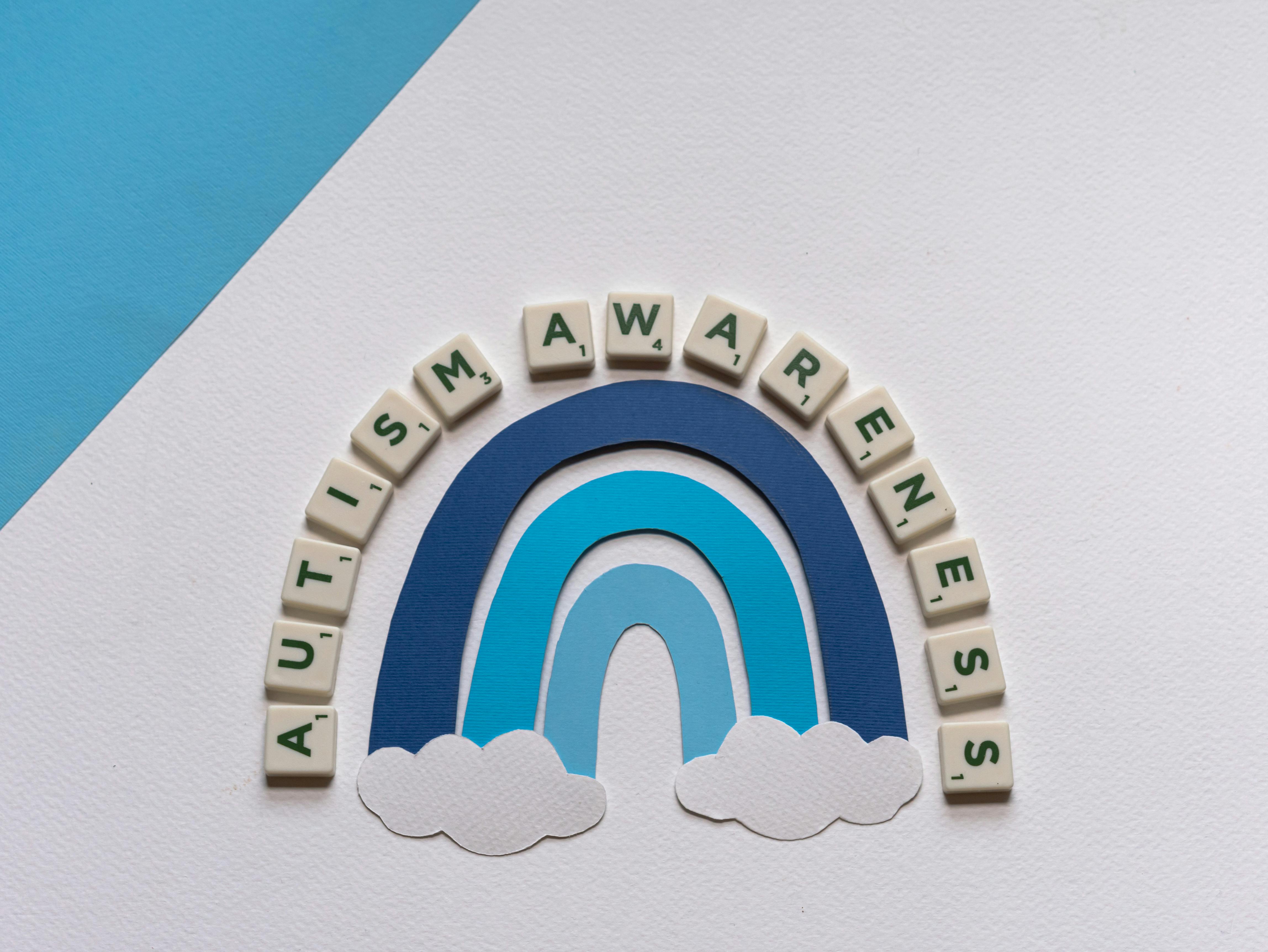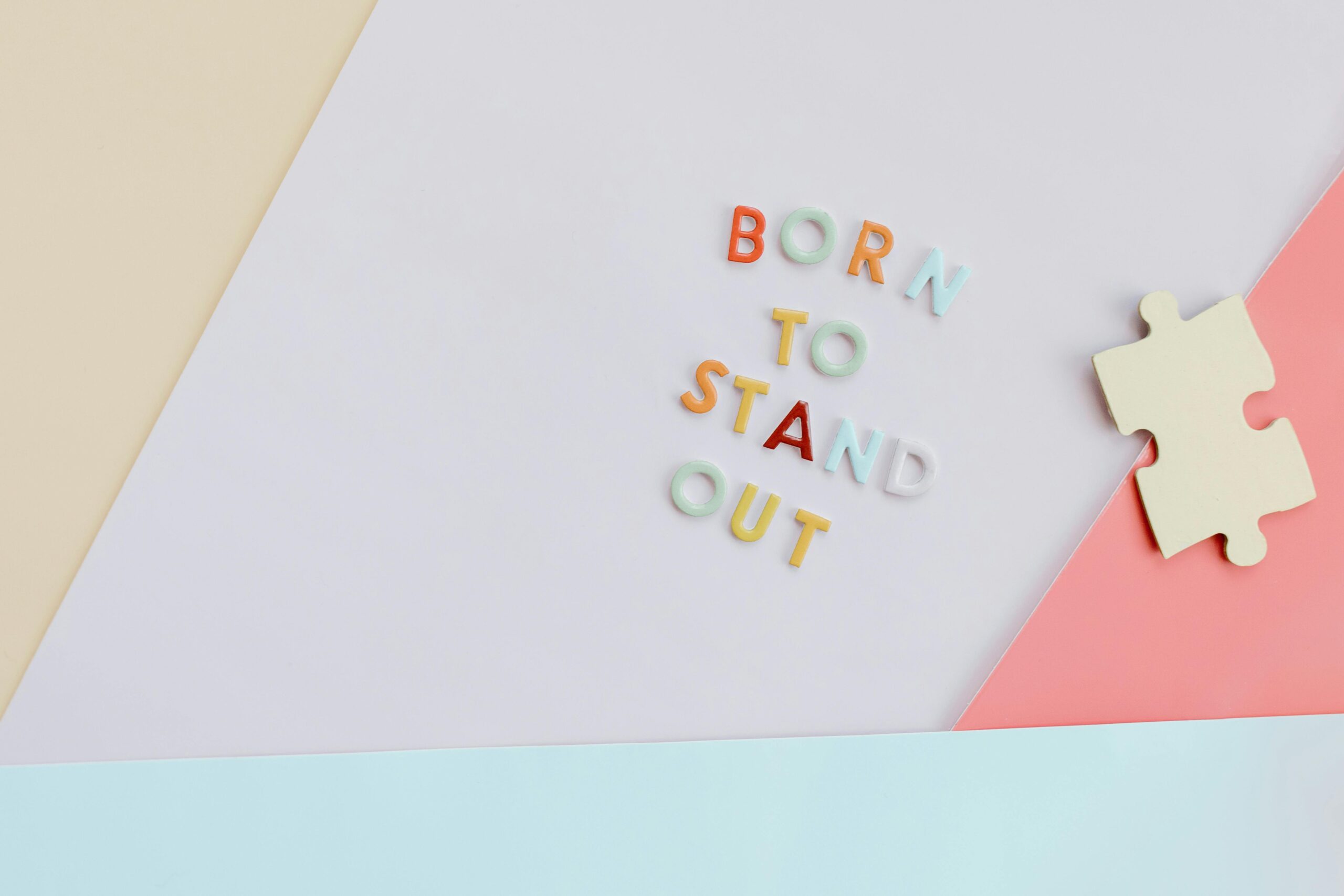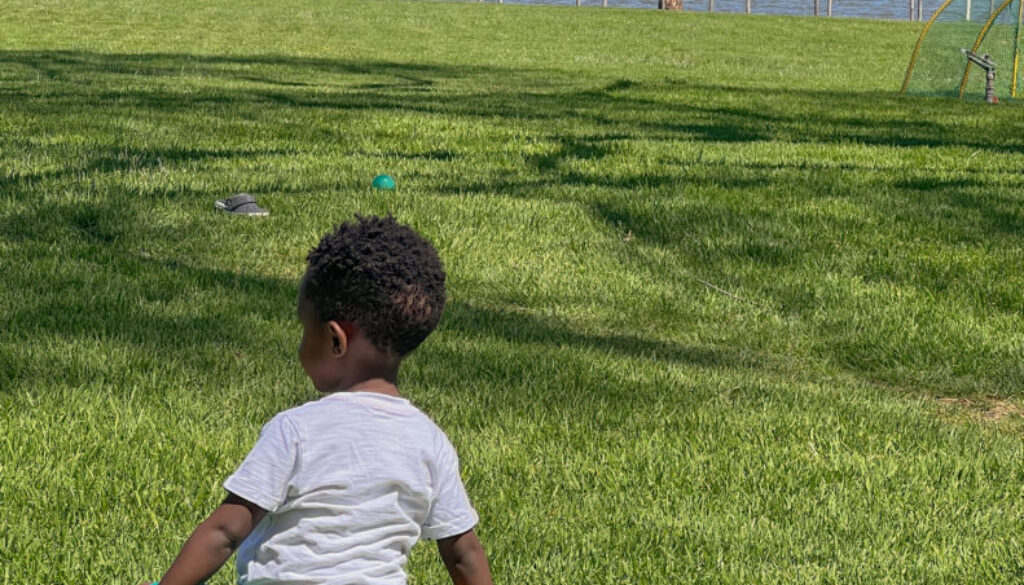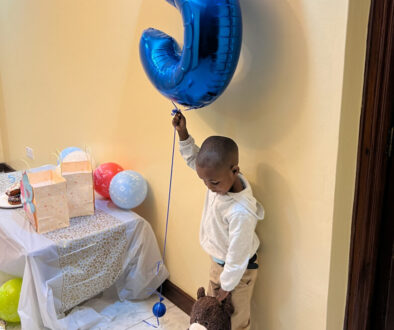The Journey to the Diagnosis
Sharing our story has been so healing for me, but I won’t sugarcoat it—it’s been a wild ride. There’s been a lot of uncertainty, moments of fear, but ultimately, a deep sense of understanding and acceptance. Before becoming a parent, I’d only heard the word “autism” in passing. I didn’t really know what it meant or how much it could impact a family. Like many people, I thought of it as something distant—until it became a part of our lives. Suddenly, we were thrown into a world I knew nothing about, and I had to learn and adapt quickly as we navigated this new path.
In those early days, I was completely overwhelmed by all the information, advice, and opinions coming from every direction. The journey to getting my child diagnosed wasn’t just about understanding him better, but also about discovering myself as a parent and an advocate. It tested my patience, strength, and resolve in ways I never could have imagined. But through all the confusion and challenges, I found an incredible community of support, and I developed an even deeper connection with my child that’s changed our lives in the best ways. This is our story, and I hope it resonates with anyone else on a similar journey.

Early signs and Concerns
When my little one was around a year old, I started noticing a few things that made me a bit concerned. At that point, he still wasn’t saying any words, which seemed a little odd. I remember the doctor asking me if he was saying anything yet, but there was nothing. There was also some noticeable regression—one week he’d wave “bye” or give me a high five, and the next week, it was like those skills had disappeared.
Eye contact was almost nonexistent, and he didn’t respond to his name. It often felt like he was in his own world, completely absorbed in whatever he was doing. I also started noticing he would spin around in circles—something I now know is called stimming. At the time, though, it just left me wondering if it was typical toddler behavior or something more.
Then came the meltdowns—intense, to the point where he would bang his head on the wall, sometimes so hard that he’d bleed. It was heartbreaking to watch. He also hated loud noises, always covering his ears, which I now understand was a sign of overstimulation. But back then, I had no idea what any of this meant.
By the time he was one and a half, and still not making any progress with speech, I started raising my eyebrows a bit more. People reassured me, “Oh, he’ll talk by two, don’t worry!” But two came and went, and there was still no progress. That’s when I was convinced I needed to see a specialist, but I hesitated. I toyed with the idea for a while—until he was about two and a half. That’s when I finally made the decision to start the evaluation process, and I’m so glad I did.

Seeking Professional Help
Going through the process of seeking professional help was honestly one of the hardest and most emotional things I’ve ever done. Deep down, I didn’t want to accept the possibility that something might be developmentally different with my child. The thought alone was so overwhelming that I found myself in complete denial for a while.
When we finally made it to the specialist for our first visit, I was anxious. She asked us so many questions about my child’s development—things like his speech, social interactions, and behavior. After that, she referred us to another facility for a hearing test, which I now know is standard to rule out any hearing issues. But I wasn’t in any rush to follow up. In fact, I hesitated, and it took me about a month to finally schedule the appointment. Looking back, I realize I was stalling because deep down, I had this feeling that a diagnosis was coming, and I just wasn’t ready to face it.
Eventually, the weight of not knowing was too much to carry, and I decided it was time to push through the fear and do whatever I could to help my child. We returned to the specialist, and she carried out a series of play-based tests. The entire assessment lasted around two hours, but it felt like a lifetime to me.
When the specialist delivered the diagnosis, I was flooded with emotion. I remember sitting there, crying, as the reality sank in. It was like our entire future flashed before my eyes. And yet, amid all the emotion, I also felt a strange sense of relief. The not knowing was over, and with answers in hand, I could focus on getting my child the support and care he needed. That was all that mattered.
—Wendy

